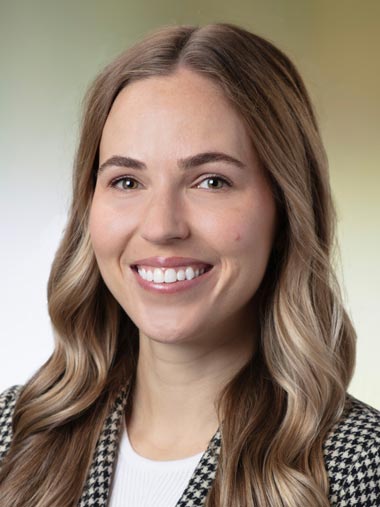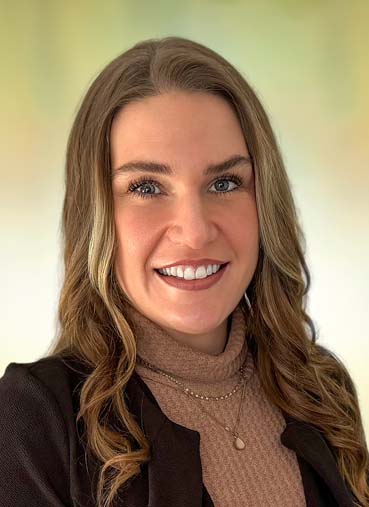Supportive & Palliative Care
Turn to Essentia Health's supportive care experts when you or a loved one are hospitalized and need extra support. This service is available in Duluth and Brainerd, Minnesota, as well as Fargo, North Dakota.
Get Supportive Care
If you’re in the hospital, you, a loved one, or any member of your care team can request a supportive care consult.





What's a Supportive & Palliative Care Specialist?
A supportive care specialist is a doctor with advanced training in the treatment of patients with serious or life-limiting illness. They work with a team who focuses on providing support and improving quality of life for patients and families through all stages of a serious illness.
Team-Based Approach
When you request supportive care, you’ll have a team of providers working together to deliver personalized treatment and support. Your supportive care team may include:
- Doctors
- Nurse practitioners
- Social workers
- Chaplains
Benefits of Supportive & Palliative Care
Supportive care, also called palliative care, provides extra support to people who are in the hospital with a serious or life-limiting health condition. Supportive care providers help people of all ages and at all stages of their illness, even from diagnosis. Rely on us to:
- Help you understand your illness or injury
- Explore your choices
- Align your treatment plan with your goals and personal values
- Coordinate with other members of your care team
- Address physical symptoms
- Offer emotional and spiritual support
- Make recommendations to improve your quality of life
Family-Centered Care
The illness of a loved one can affect the whole family. By request, our staff can work with you and your family to improve communication and help reduce stress.
When To Seek Supportive & Palliative Care
Supportive care may be right for you if you’re hospitalized with a serious or life-limiting health condition and you:
- Need help controlling symptoms like pain, shortness of breath, or constipation
- Visited the hospital or emergency room several times in the past few months for the same issues
- Want help making decisions, planning for your future, or setting goals for your medical care
- Want to create an advance directive, also known as a health care directive, to document your health care wishes
We will also work to coordinate your care with other members of your hospital care team.
Your First Consultation
Depend on your care team to always listen, respect your wishes, and advocate on your behalf. During your first visit with a supportive care team member, you may discuss:
- Your health condition
- Physical symptoms and how to address them
- How you and your family members are coping
- Your beliefs, fears, and goals for the future
- If you need help talking to your loved ones about your values and preferences for care
Our goal is to meet you where you are at and help with what matters most to you.
What's the Difference Between Supportive Care and Hospice Care?
Hospice care supports patients and families through the last stages of life. Supportive Care is for any stage of serious illness. It can also be given at the same time as treatments intended to cure.
Plan for the Future
Give your loved ones the gift of knowing what type of care you want by creating an advance directive—a written statement of your treatment preferences. Learn about advance care planning.